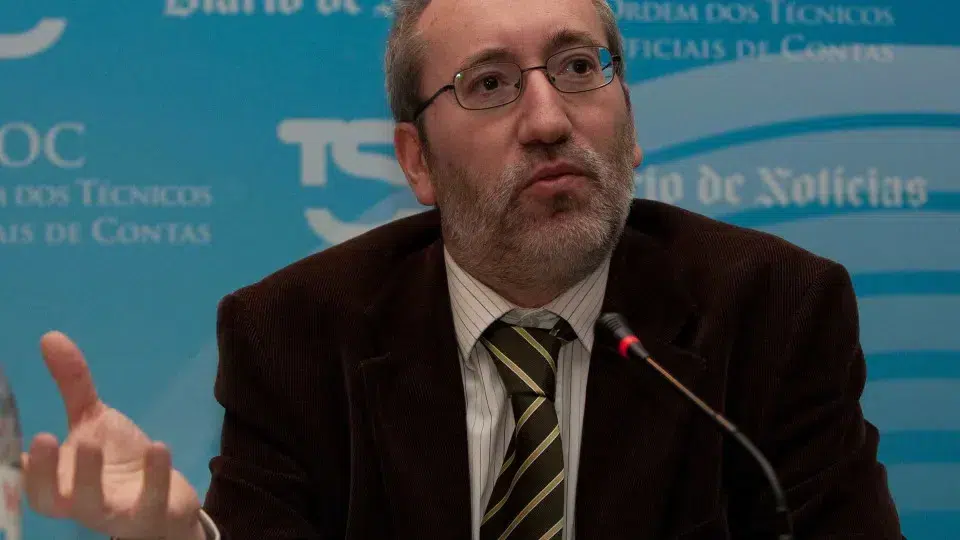
At the opening of a conference on labor law reform organized by the newspaper Eco, the government official expressed hope that the dialogue would “produce results” and showed willingness to negotiate with social partners.
However, “we will not prolong the process indefinitely in social consultation,” she stated.
The Minister of Labor noted that the government’s choice to involve social partners in discussions about labor changes was “a more demanding and risky path,” but expressed confidence in the “potential” of this decision to prevent “ideological prejudices that hindered previous reform debates.”
Despite job growth and an increase in the average salary in Portugal, Maria do Rosário Palma Ramalho argued that now is the right time to proceed with changes in labor laws because “serious structural problems persist.”
“We have productivity 28% below the EU average, and our gross average salary is 35% below the European average,” she highlighted, considering that the proposed changes in the government’s draft are intended to improve the country’s competitiveness.
Additionally, the pay disparity between men and women reaches 14%, increasing to over 20% in more qualified professions.
“We have the most qualified generation ever, with women in the majority, but we are educating women to pay them less,” she noted.
The Minister of Labor also mentioned the high unemployment rate affecting young people, close to 20%, and the “drama” of poverty affecting 2 million people in Portugal.
“These are the reasons why the government could not give up,” despite the growth in the employment market, she concluded.
The government’s main changes to labor law include extending the duration of fixed-term contracts, reinstating individual time banks, ending restrictions on external hiring after layoffs, revising parental leave, and strengthening mandatory minimum services in case of strikes.




